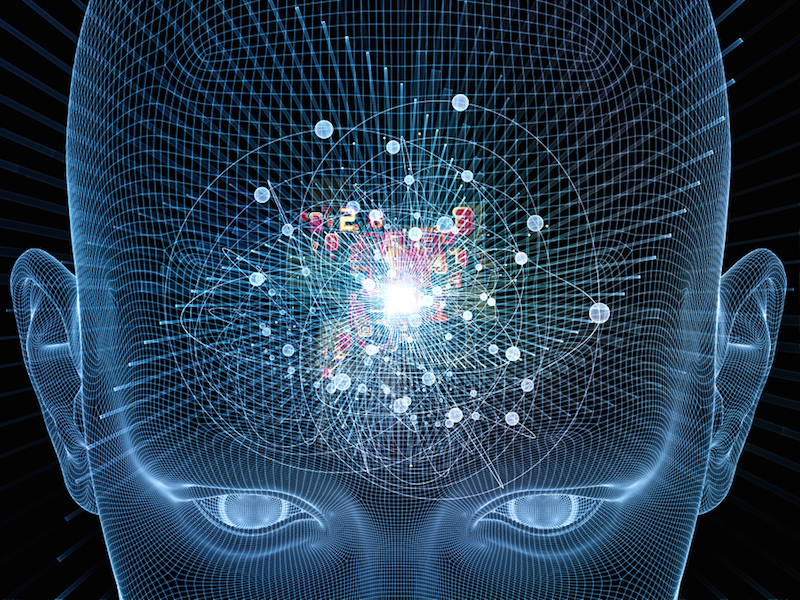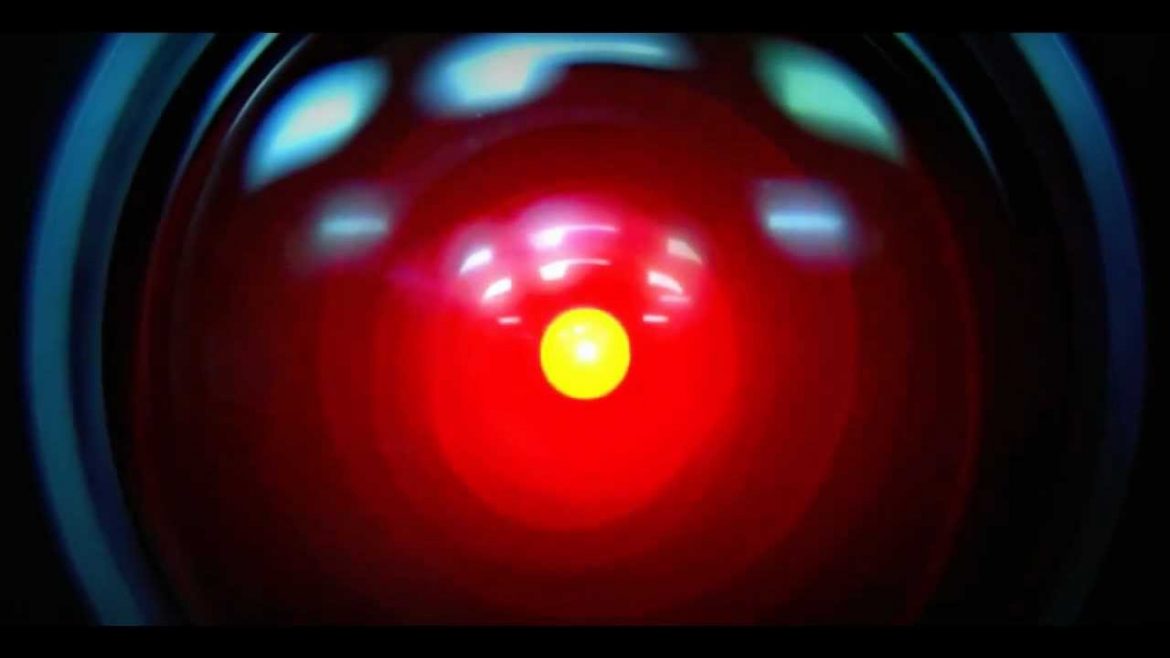In the science fiction classic “2001, A Space Odyssey,” HAL, the all too human-like computer, malfunctions and kills the hibernating crewmembers, and then snuffs out the life of one of the two waking astronauts. Then, as the sole surviving astronaut disables its higher functions, HAL begs for its precious Higher Self’s continuation. Was “2001” a prophetic metaphor for our time?
Kubrick’s meditation on the human condition came to mind after watching a cable show about the three branches of human evolution (afarensis, erectus and sapiens), which displayed a stunning degree of denial and hubris. Without a trace of awareness or humility in the face of the present ecological and political crisis, it flatly stated: “In less than 75,000 years, we went from being little more than primitive cave men to the most powerful species to ever stride the planet.”

With a twist, it gave a rehashed theory of “intelligent design.” According to this idea, humans are starting to imbue computers with in their own image, just as Christians once believed God imbued humans in “His” own image. Images are always projections.
The question of whether there is something holy beyond what the human mind imagines, is a different question than whether there is a cosmic intelligence operating within evolution. If so, why are humans so at odds with it?
Nature operates in a dynamic, infinitely complex and ever-changing order, in which all systems are seamlessly interconnected. How then could humans evolve as the overwhelmingly dominant species on this planet and become a planetary scourge of fragmentation and disorder–the very antithesis of the cosmic principle of wholeness?
There’s an innate urge within healthy human beings to understand our place in the universe. My inquiry into the relationship between humankind and the cosmos began after seeing “2001” in high school. I pursued the question of the anomaly of man in nature for 20 years—at times while doing other things, sometimes single-mindedly. No philosophical or scientific explanation satisfied me, either ancient or modern, Western or Eastern.
I began with an insight into the nature of thought–that it is inherently separative, the evolutionary product of a brain capable of “removing things and making them ready for use” (the root meaning of separation).
There is no thought without separation, and there is no separation without thought. In itself that isn’t the problem, since it permits us to create from nature rather than be limited to a niche in nature. The problem is the division, fragmentation and disorder generated by thought, which don’t exist in nature.
Finally, after 15 years, a central insight struck me with emotional force. The evolution of conscious thought carries with it the strong tendency to mistake the ability to separate for the nature of universe! Indigenous people understood this tendency better than we do, which is why particle physicists keep smashing atoms together in a futile search to find the smallest particle.
Psychologically, the basic mistake of separation inevitably produces more and more division and fragmentation, eventually causing humans to fragment the earth to the point the Sixth Extinction and ecological collapse.
So if the mistake of division and fragmentation is inevitable in the evolution of the ability to consciously separate ‘things’ in nature (the sine qua non of higher thought), how could nature make such an error?
The answer appears to be that the evolution of higher thought is both a necessary step in the development of consciousness, and a tremendous impediment to full consciousness, which is our responsibility to transcend. But as science and technology have developed, they have become idolized, further preventing observation, insight and liberation from thought.

Contrary to Teilhard de Chardin and his philosophical descendents such as Ken Wilber, consciousness does not evolve. There is no upward ascension of humankind, though that idea is dying hard. The truth is that there is a quickening downward spiral of fragmentation, and it is producing tremendous pressure for a revolutionary evolutionary breakthrough.
The unconscious cognitive breakthrough that produced ‘modern humans’ occurred less than 100,000 years ago in a small number of people in eastern or southern Africa (ironically after global climate change, triggered by a super-volcano in Indonesia) nearly wiped out archaic Homo sapiens.
The stresses that science and technology are placing on the planet and us are compelling a spiritual breakthrough. This necessarily conscious breakthrough may also be catalyzed by a global catastrophe, though a sufficient minority of people has to be ready for it by awakening within.
Spiritually speaking, symbolic thought was a necessary development for the emergence of full consciousness. Thought however, as both scientific knowledge and psychological memory, has to fall completely silent in the act of undirected, unwilled attention for us to be aware of and participate in ongoing creation.
Resolving the dilemma of higher thought is integral to human survival and the development of true consciousness. Self-knowing is the door to liberation, to an evolutionary breakthrough that is not gradual, but revolutionary.
Martin LeFevre

